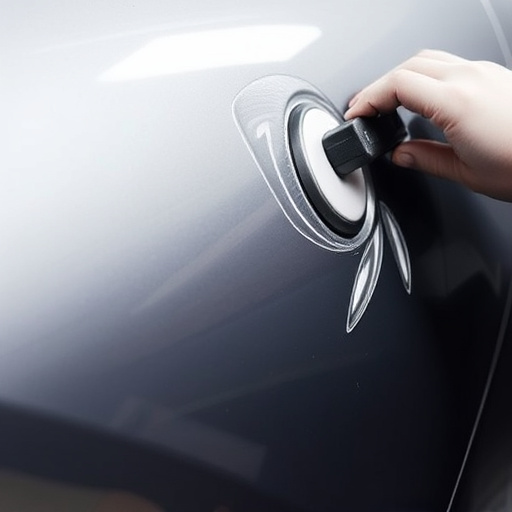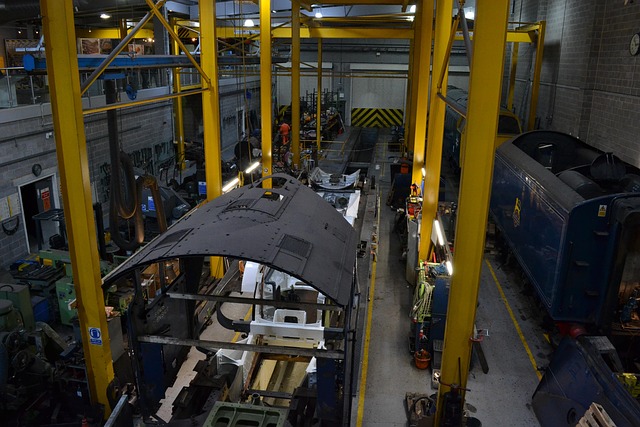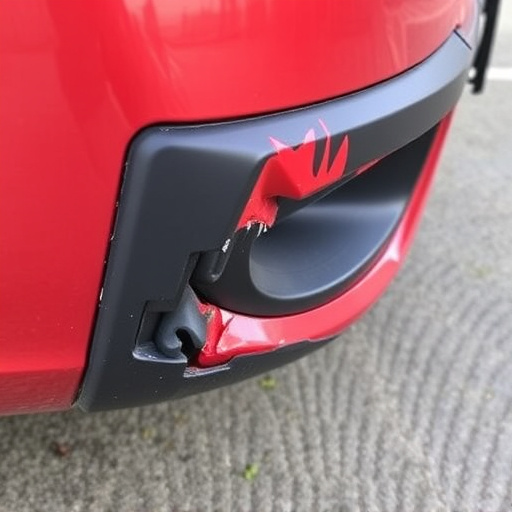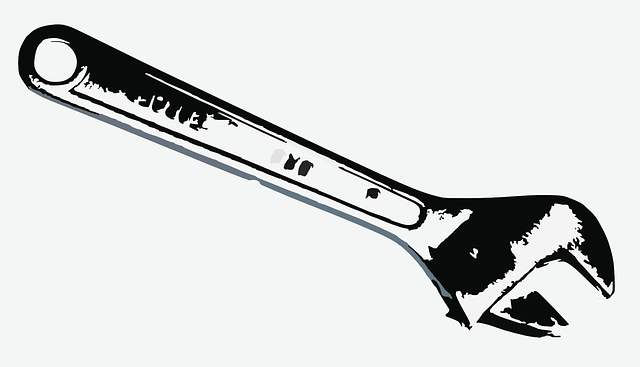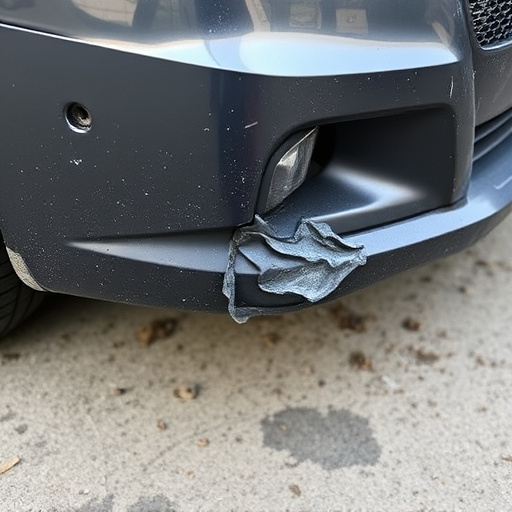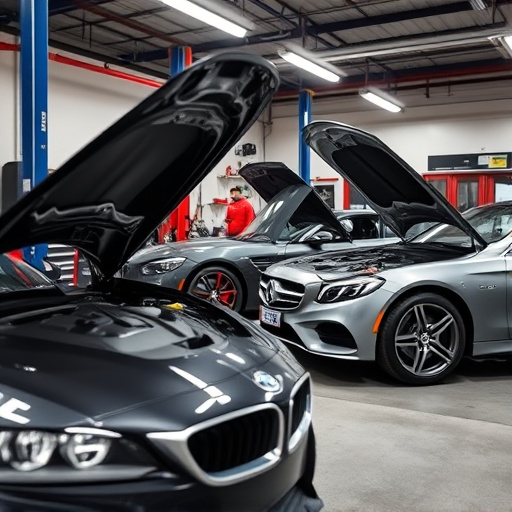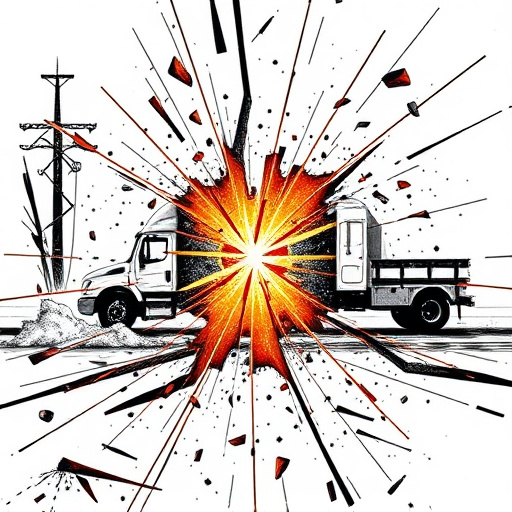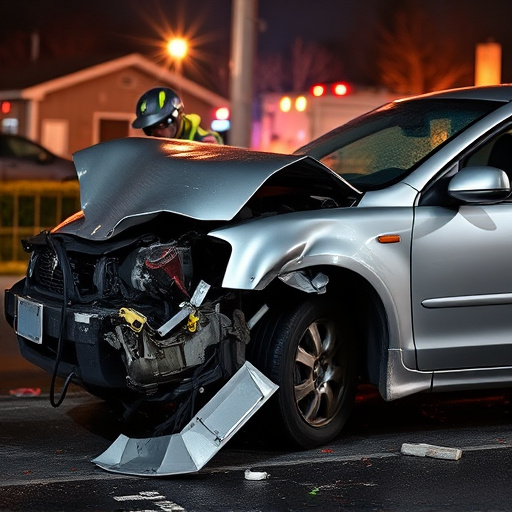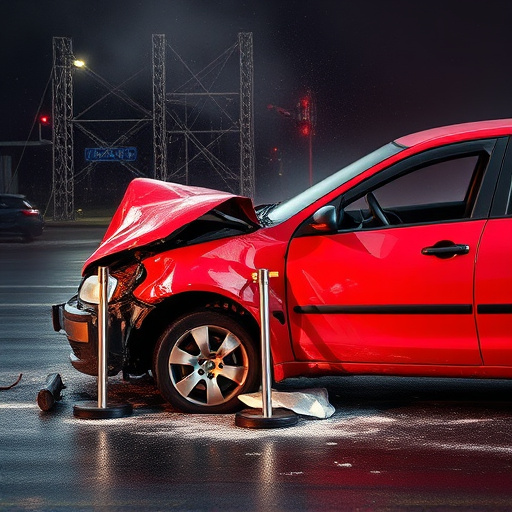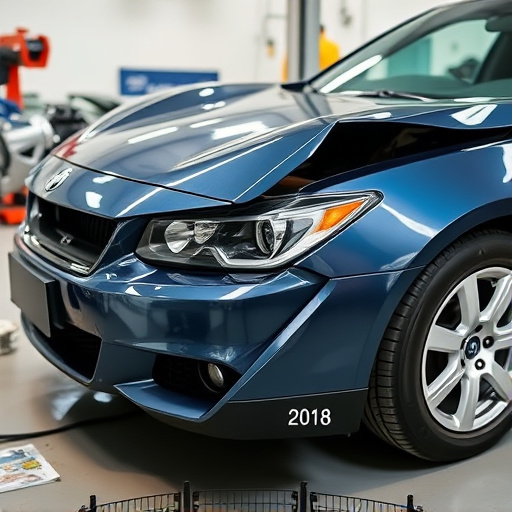Setting up and operating a Model S collision center demands adherence to Tesla's strict safety and quality standards, industry regulations, and specialized training for technicians addressing unique EV challenges. Compliance ensures customer satisfaction, legal protection, and reliable, safe repairs for electric vehicles like the Model S.
“Model S collision centers stand as vital hubs for automotive repairs, demanding adherence to stringent legal compliance requirements. This article delves into the essential aspects that define these specialized facilities, focusing on understanding the unique needs of Model S vehicles. We explore legal essentials, from licensing and insurance to environmental considerations, ensuring safe and effective repairs. By navigating these regulations, collision centers can provide top-tier service while maintaining adherence to industry standards.”
- Understanding Model S Collision Center Requirements
- Legal Compliance Essentials for Auto Repair Facilities
- Navigating Regulations for Safe and Effective Repairs
Understanding Model S Collision Center Requirements
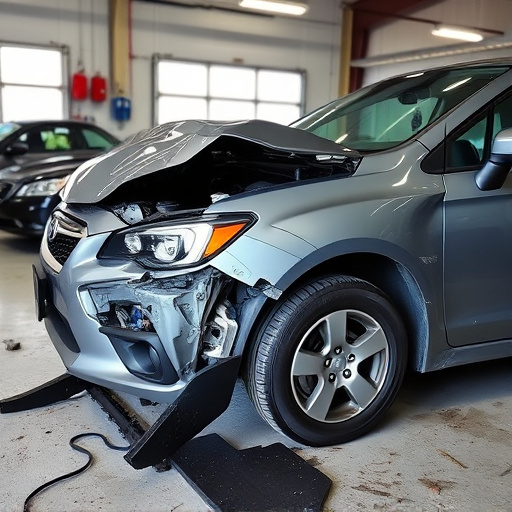
Setting up a Model S collision center involves navigating a series of specific requirements designed to ensure safety and quality in auto body repairs. These regulations cover everything from structural integrity and frame alignment to painting techniques and final quality checks. Comprehending these standards is paramount for any business aiming to offer reliable vehicle body repair services for Tesla’s iconic Model S.
Proper training, certified technicians, and adherence to the latest industry standards are non-negotiable when it comes to auto body repairs. The collision center must be equipped with specialized tools and technology to handle the unique construction of the Model S, focusing on meticulous detail in every car scratch repair and overall restoration. Compliance ensures not only the satisfaction of Tesla owners but also their safety on the road.
Legal Compliance Essentials for Auto Repair Facilities
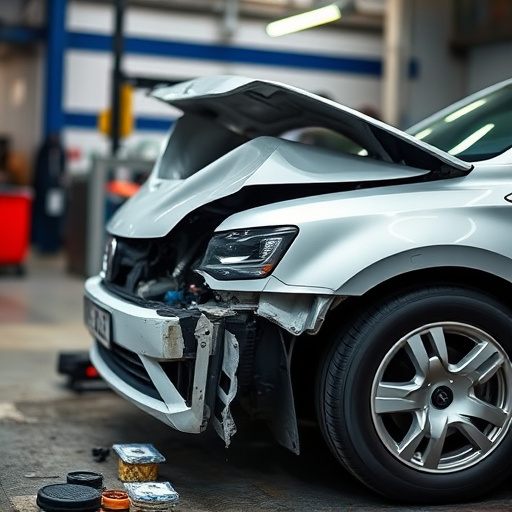
Running a Model S collision center involves adhering to stringent legal compliance requirements for auto repair facilities. These regulations are designed to ensure safety, quality, and ethical practices within the industry. Firstly, obtaining the necessary licenses and permits is paramount. Each jurisdiction has its own set of rules, encompassing business licenses, environmental permits, and certifications for handling hazardous materials, which are essential for collision repair services.
Additionally, auto repair facilities must stay up-to-date with industry standards and regulations related to vehicle repair. This includes adhering to safety protocols, using approved parts, and maintaining accurate records. For fleet repair services, compliance might involve specialized training for technicians and adherence to specific maintenance schedules set by manufacturers. Ensuring these legal essentials are met not only protects the business but also guarantees customers receive reliable collision repair services while maintaining their vehicles’ integrity.
Navigating Regulations for Safe and Effective Repairs
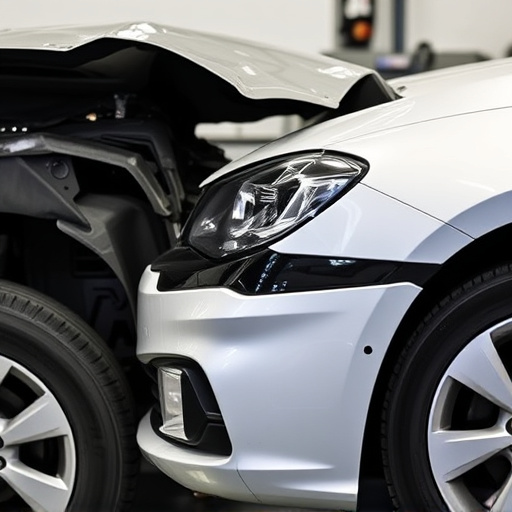
Navigating Regulations for Safe and Effective Repairs at a Model S Collision Center is no simple task. With safety as the top priority, all repairs must adhere to stringent industry standards and legal requirements. This ensures that vehicles, particularly the sophisticated electric models like Tesla’s Model S, are restored to their pre-collision condition or even beyond, maintaining optimal performance and environmental safety.
At a Model S collision center, specialized technicians are trained to handle the unique challenges posed by electric vehicle (EV) repairs. From battery systems to advanced electronics, every component demands meticulous care. The process involves not just physical fender repair but also sophisticated diagnostic testing to ensure all systems function harmoniously post-collision. This comprehensive approach guarantees that the Model S is not only fixed but also safe for the road and the environment.
In navigating the complexities of a Model S collision center, understanding both the technical aspects of vehicle repair and legal compliance requirements is paramount. By adhering to essential safety standards and regulatory guidelines, auto repair facilities ensure not only high-quality repairs but also protect the interests of all parties involved. As the industry evolves, staying informed about Model S collision center regulations is crucial for maintaining a safe and efficient repair process.

